The Ho Chi Minh City Social Support Center will consider the wishes of each case of homeless beggars to resolve their repatriation, community integration or transfer them to other appropriate social support centers. As for children, the elderly, and people with mental or neurological disabilities, repatriation will only be resolved when someone makes a request.
Thanh Nien reporters went to the Ho Chi Minh City Social Support Center to record the reception and handling of vagrant and beggar cases that Thu Duc City and Phu Nhuan District had filed and brought in.
Accordingly, at the center, cases are arranged accommodation according to gender, health, age for easy management and care. The rooms are fully equipped with facilities and activities. In addition, the center also has functional rooms such as medical rooms and dining rooms.
At the unit, we met the relatives of Ms. NTH (a disabled person, begging in a wheelchair at the La Xuan Oai - Vo Chi Cong intersection, Tang Nhon Phu Ward, Thu Duc City) who were completing the procedures to sponsor Ms. H. to return home. Ms. H.'s sister said: "I heard that recently H. has been following people to beg for food, which is "quite good", and I also advised H. not to go, to stay home and take care of H. After this trip, the family will manage her more closely".
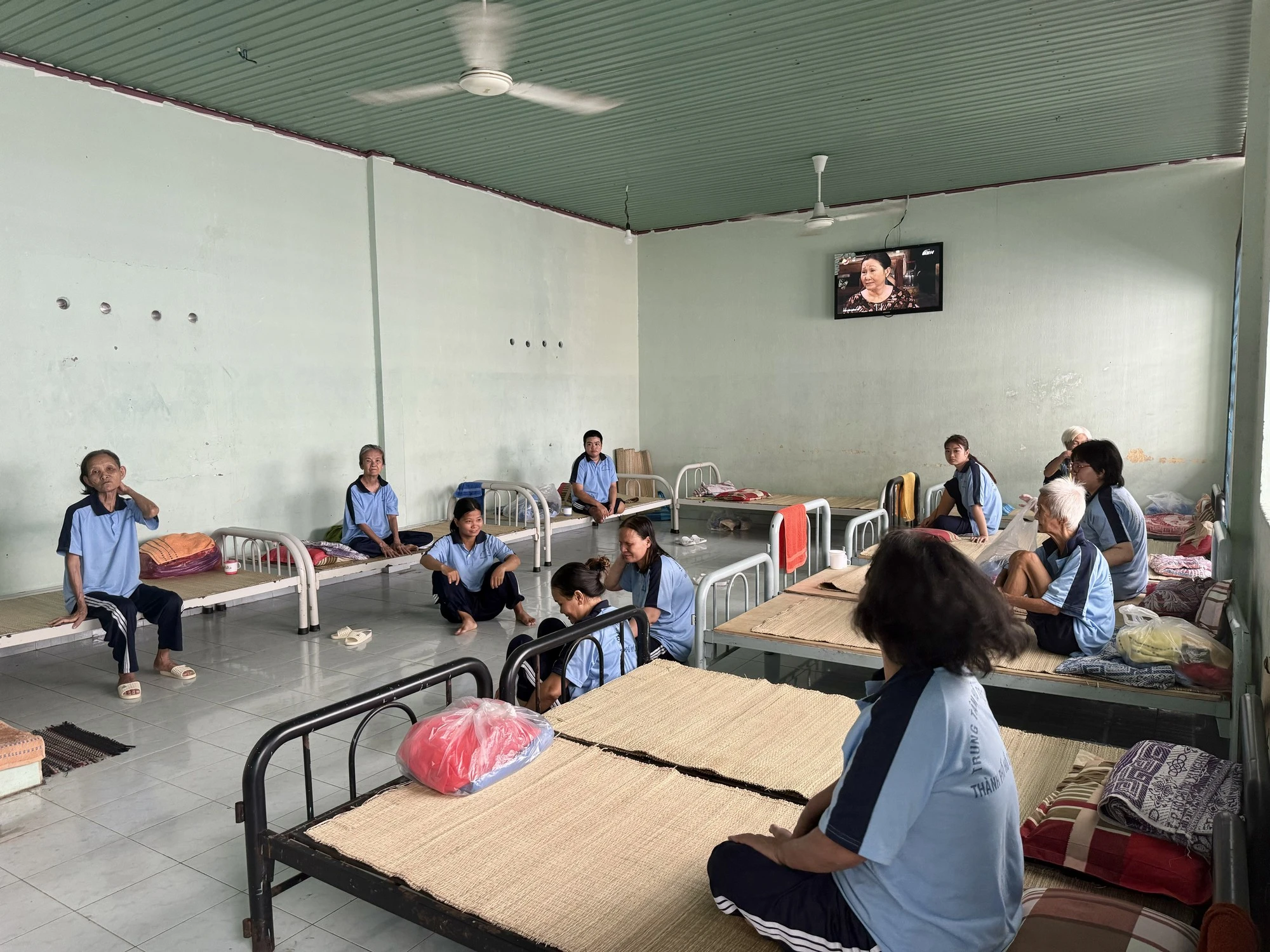
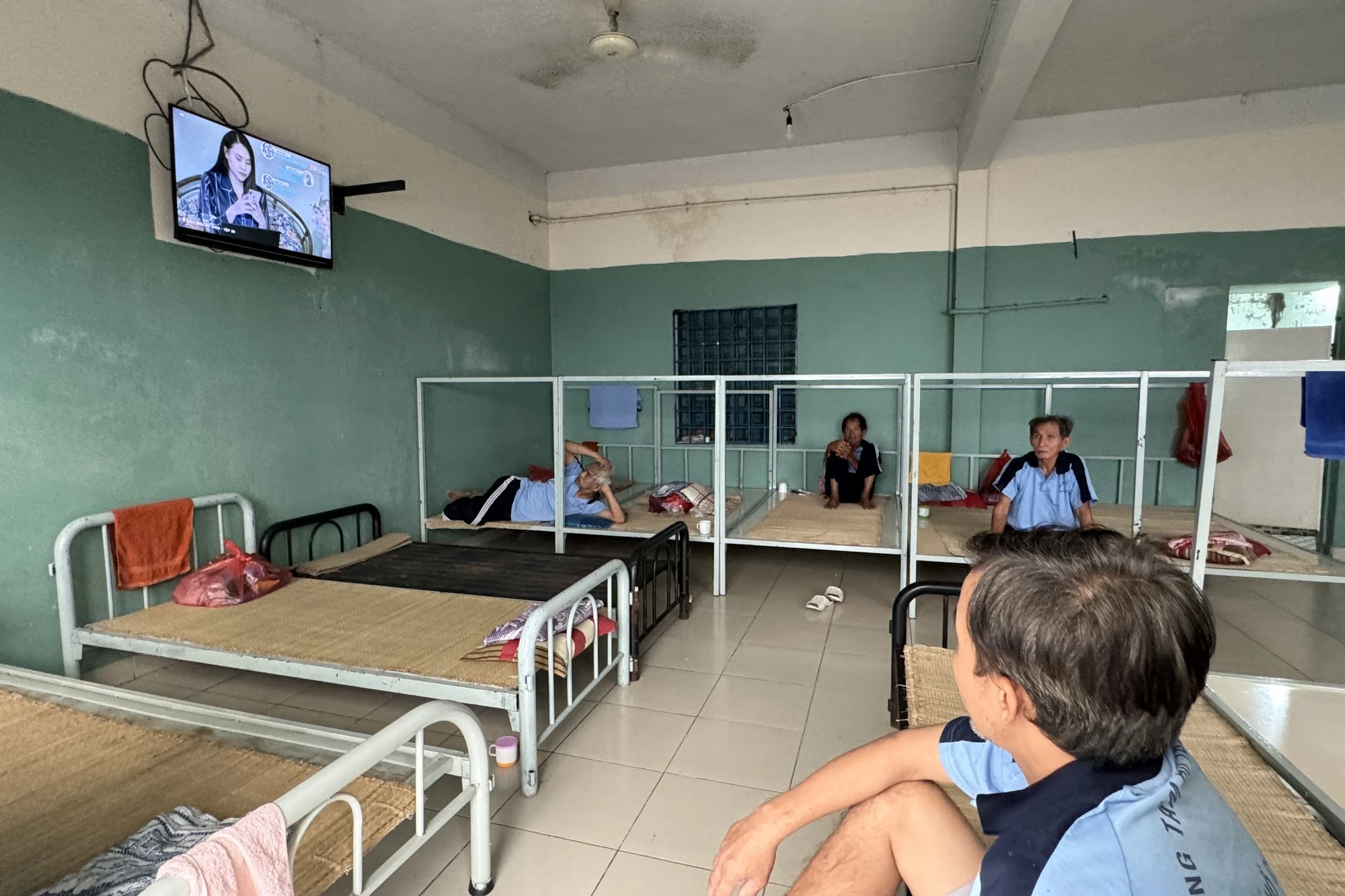
Activity room for homeless beggars brought to Ho Chi Minh City Social Support Center
In addition, Ms. LTMĐ (47 years old, blind) was also brought in by Thu Duc City, saying that she wanted to return home so she called her family to sponsor her. "I am being taken care of at the Ho Chi Minh City Social Support Center, I also want to stay here forever but I miss my child so much that I have to ask to go home," Ms. Đ. said.
On December 18, the Ho Chi Minh City Social Support Center said that most of the cases that Thu Duc City and Phu Nhuan District brought in had been resolved and returned home.
According to Mr. Nguyen Truong Duy, Director of the Ho Chi Minh City Social Support Center, since the beginning of the year, the unit has received 1,151 homeless beggars from districts and Thu Duc City. Of these, there are about 96 children and 218 elderly people. Currently, 549 people have been transferred to other social facilities such as Tan Hiep Social Support Center, Chanh Phu Hoa, Thu Duc City Youth Village, Hiep Binh Chanh Disabled Support Center (public facility)...
According to Decision 812 of 2023 of the Ho Chi Minh City People's Committee, when receiving cases of homeless beggars, the unit will conduct health checks and arrange suitable accommodation. For example, the elderly will be placed near the medical area, children will be placed in an area that is easy to observe...
According to the regulations on care and nurturing at social assistance facilities, the food allowance for admitted people is 63,000 VND/day and the daily living items are 700,000 VND/person (for the entire time at the social facility, maximum 90 days - PV).
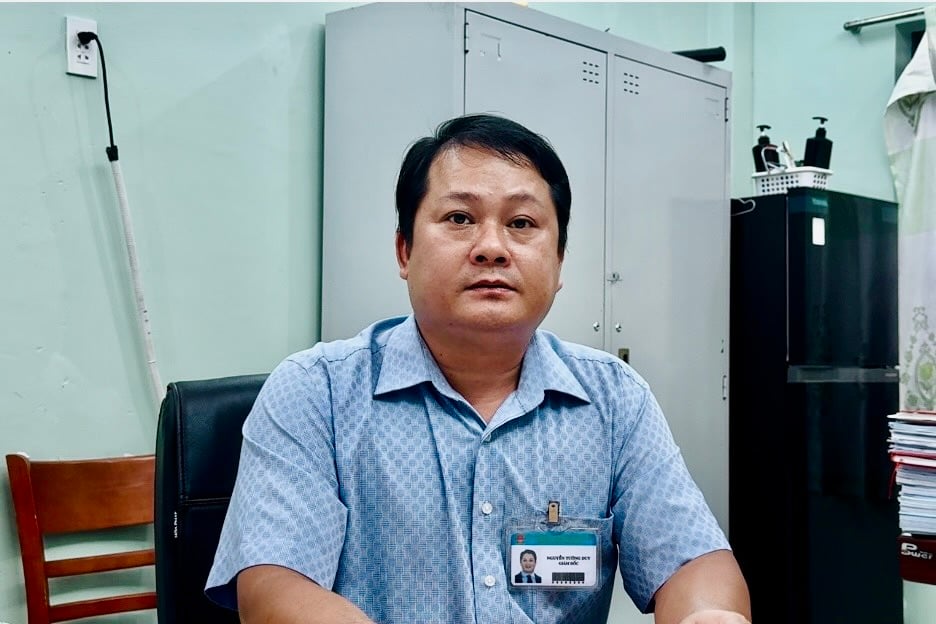
Mr. Nguyen Truong Duy, Director of Ho Chi Minh City Social Support Center
"During the process of foster care, when preparing documents to approach cases, the unit will know the reasons why people are begging, living on the streets, or living in public places. If signs of grooming are discovered, the unit will work with the police and authorities to handle it immediately," said Mr. Duy.
Through screening, we will also know which cases will return home and integrate into the community. For the remaining children under 16 years old, after the verification period, if they have no relatives or sponsors after about 20 days, the unit will propose that the Department of Labor, Invalids and Social Affairs of Ho Chi Minh City transfer them to the Center for Social Work - Vocational Education for Youth of Ho Chi Minh City so that they can study culture and learn a trade.
According to Mr. Nguyen Truong Duy, the work of concentrating homeless people and beggars has been directed strongly by the Ho Chi Minh City People's Committee, the Ho Chi Minh City Department of Labor, Invalids and Social Affairs... in many meetings. On October 6, the Department of Labor, Invalids and Social Affairs summarized 6 months of implementing Decision 812. Thereby, it showed that the number of homeless people concentrated increased by 30% compared to the same period in 2022. The regulations in Decision 812 show more attention to the diet of the concentrated people, from 30,000 VND to more than 60,000 VND/person/day.
In addition, leaders of districts, the Department of Labor, Invalids and Social Affairs of localities have also been very proactive in signing a joint plan with the Ho Chi Minh City Social Support Center to establish a working group to survey and gather homeless people and beggars, and this inter-sectoral coordination has been effectively implemented.
However, according to Mr. Duy, currently, homeless beggars are spreading their areas to gateways and intersections in the suburbs. They often move their begging locations continuously, which makes it difficult for local authorities to collect them.
Meanwhile, people still have the habit of directly giving money to homeless people and beggars; many organizations and individuals often give them food and money at night. Mr. Duy believes that this unintentionally "supports" and "motivates" homeless people to continue begging, not thinking about finding a job and stabilizing their lives.
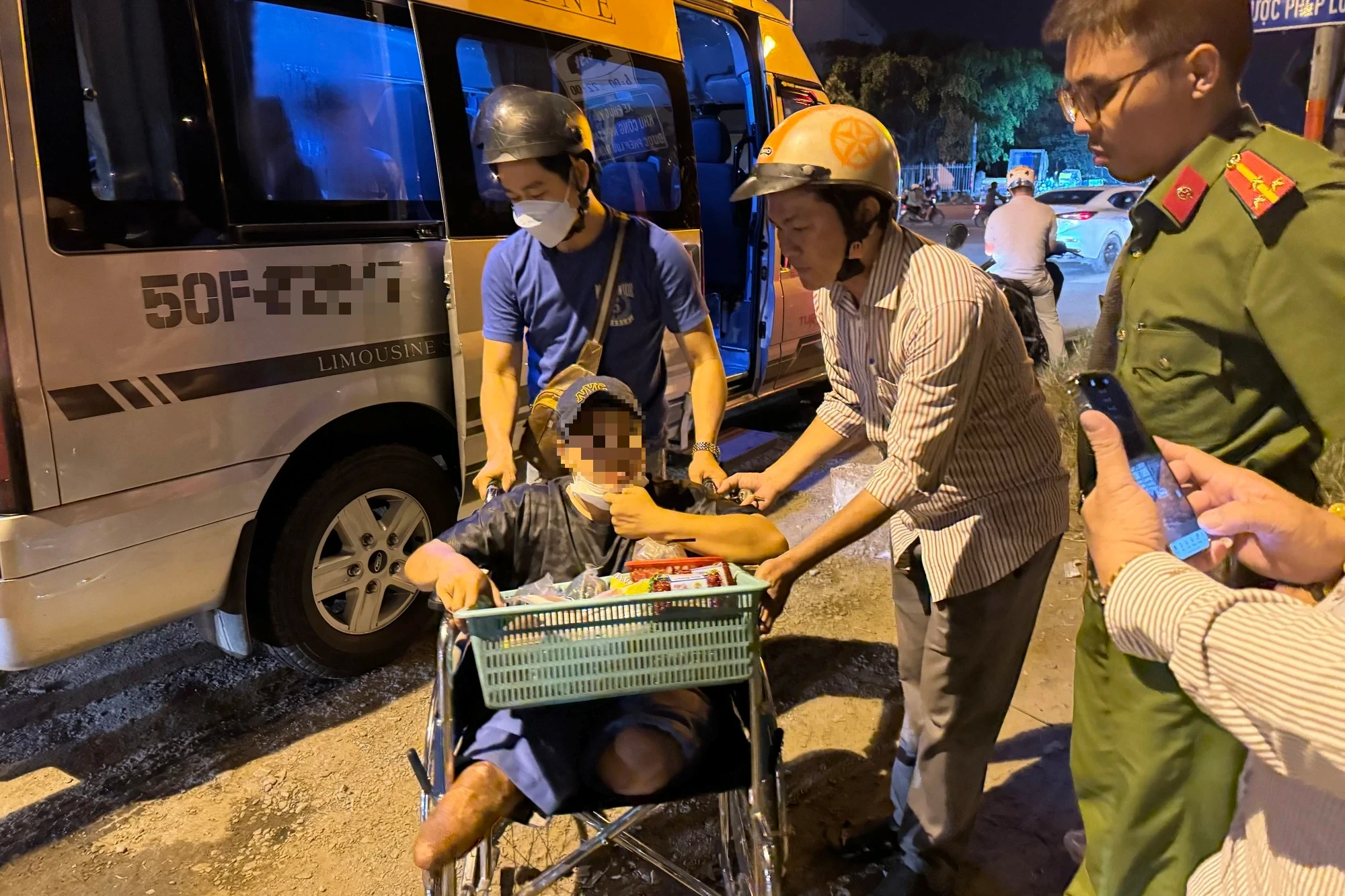
Thu Duc City Working Group is supporting the return of homeless and beggars to complete residency verification procedures and take them to the Ho Chi Minh City Social Support Center.
Mr. Nguyen Thai Tuan Anh, Vice Chairman of An Phu Ward People's Committee (Thu Duc City) said that in mid-November, the ward's working group gathered 11 Cambodians (including 7 adults and 4 children) to bring them to a social support facility. These people were begging at the entrance to Long Thanh - Dau Giay Expressway and the Rach Chiec - Saigon Bridge section.
According to the assessment of the leader of An Phu Ward, the biggest difficulty in gathering homeless people is that most of them are not local people, but instead live elsewhere and often travel by many means of transport such as buses and motorbike taxis to stop right at traffic intersections, especially places with long waiting times at red lights, to beg.
Not to mention, there are many cases where people are assigned to "keep watch" right at the ward People's Committee. If they see a specialist from the People's Committee driving out, they will alert the beggars to leave. Therefore, when they want to patrol and handle a case, the ward working group has to go in another direction, take a detour...
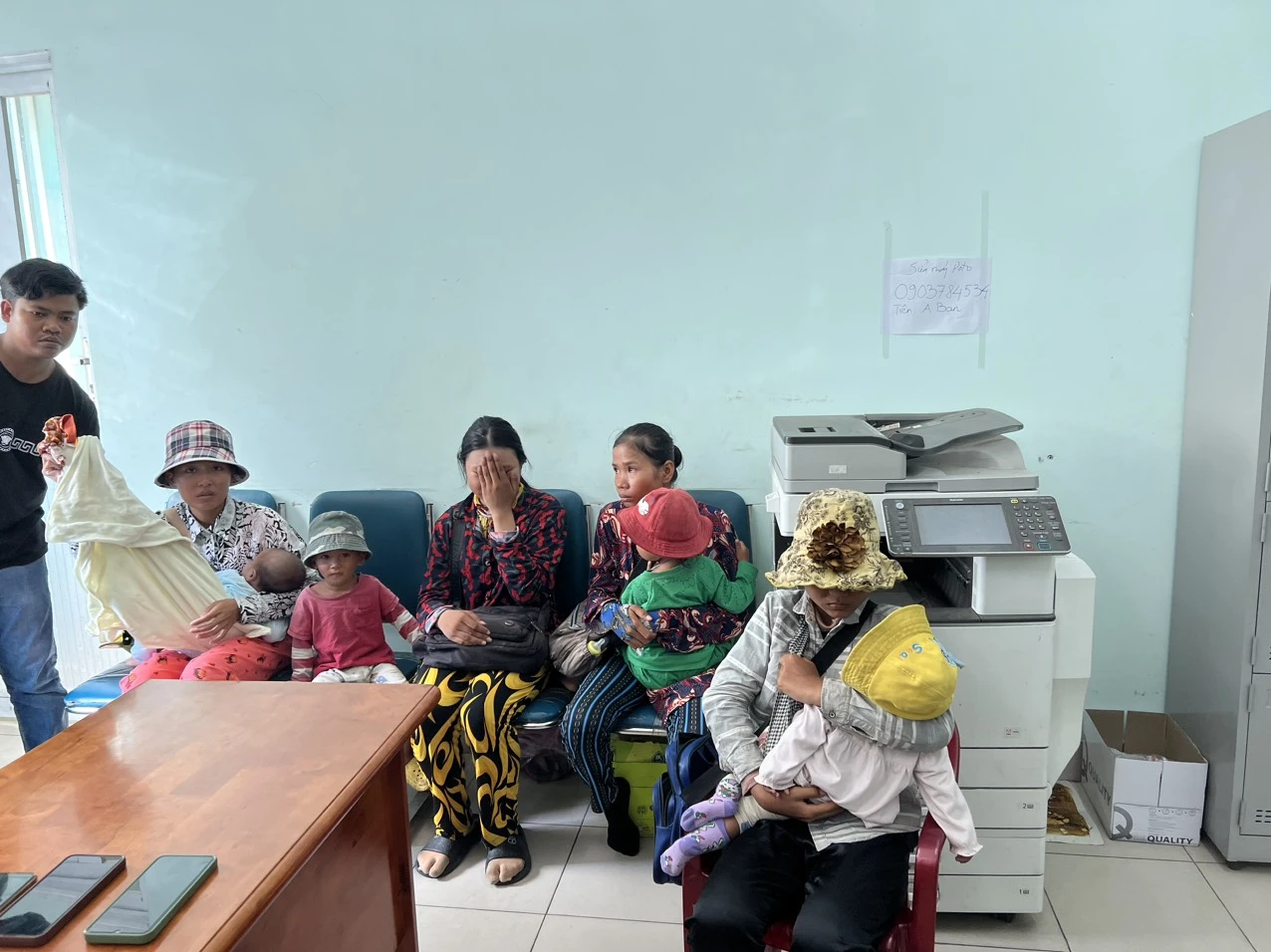
In the case of Cambodians, the An Phu Ward People's Committee has prepared a profile and transferred it to the Ho Chi Minh City Social Support Center.
"Many people recognize the force. Sometimes when we get off work, our brothers come home from work and wait at the red light. When they see us, they immediately run away or nod in greeting. So if we coordinate closely, the task force will focus on the vagrants, because they are afraid of danger," Mr. Nguyen Thai Tuan Anh shared.
According to the Department of Labor, Invalids and Social Affairs of Ho Chi Minh City, recently, people have proactively reported cases of beggars and cases of signs of beggar-smuggling for profit to the authorities for handling. In addition, inter-sectoral coordination in receiving homeless beggars before handing them over to social assistance facilities has been timely and effective.
However, the situation of "re-"wandering and begging is still high. Vagrants and beggars increasingly have many behaviors to deal with the authorities such as selling lottery tickets, cotton swabs, ballpoint pens, chewing gum... or operating outside of working hours, on weekends, during lunch breaks and moving between areas, so it is difficult for working groups to manage and concentrate on the subjects.
Another issue raised by the HCM City Department of Labor, Invalids and Social Affairs is that the current regulation stipulates that the time for managing subjects in need of emergency protection is no more than 90 days, so supporting cultural and vocational training for these cases still faces challenges. If those admitted to the facilities cannot find suitable jobs, it is easy to lead to the possibility of wandering and begging again.
Call on people not to directly give money to homeless people and beggars
According to the Department of Labor, Invalids and Social Affairs of Ho Chi Minh City, on December 19, the unit asked for the opinion of the Ho Chi Minh City People's Committee to issue a directive document on strengthening the management and concentration of homeless people and beggars. Accordingly, the Department of Labor, Invalids and Social Affairs also proposed solutions, assigned roles and responsibilities of related units and called for the cooperation of the whole society, especially not directly giving money to homeless people and beggars.
Director of the Ho Chi Minh City Social Support Center Nguyen Truong Duy also believes that socio-political organizations also need to join hands to communicate more strongly about not directly giving money to beggars, or communicate to landlords with groups of homeless beggars to immediately report to local authorities.
Source link


![[Photo] General Secretary To Lam receives Brazilian President Luiz Inácio Lula da Silva](https://vstatic.vietnam.vn/vietnam/resource/IMAGE/2025/3/28/7063dab9a0534269815360df80a9179e)
![[Photo] Vietnam and Brazil sign cooperation agreements in many important fields](https://vstatic.vietnam.vn/vietnam/resource/IMAGE/2025/3/28/a5603b27b5a54c00b9fdfca46720b47e)

![[Photo] Helicopters and fighter jets practice in the sky of Ho Chi Minh City](https://vstatic.vietnam.vn/vietnam/resource/IMAGE/2025/3/28/3a610b9f4d464757995cac72c28aa9c6)
![[Photo] Prime Minister Pham Minh Chinh meets with Brazilian President Luiz Inacio Lula da Silva](https://vstatic.vietnam.vn/vietnam/resource/IMAGE/2025/3/28/41f753a7a79044e3aafdae226fbf213b)

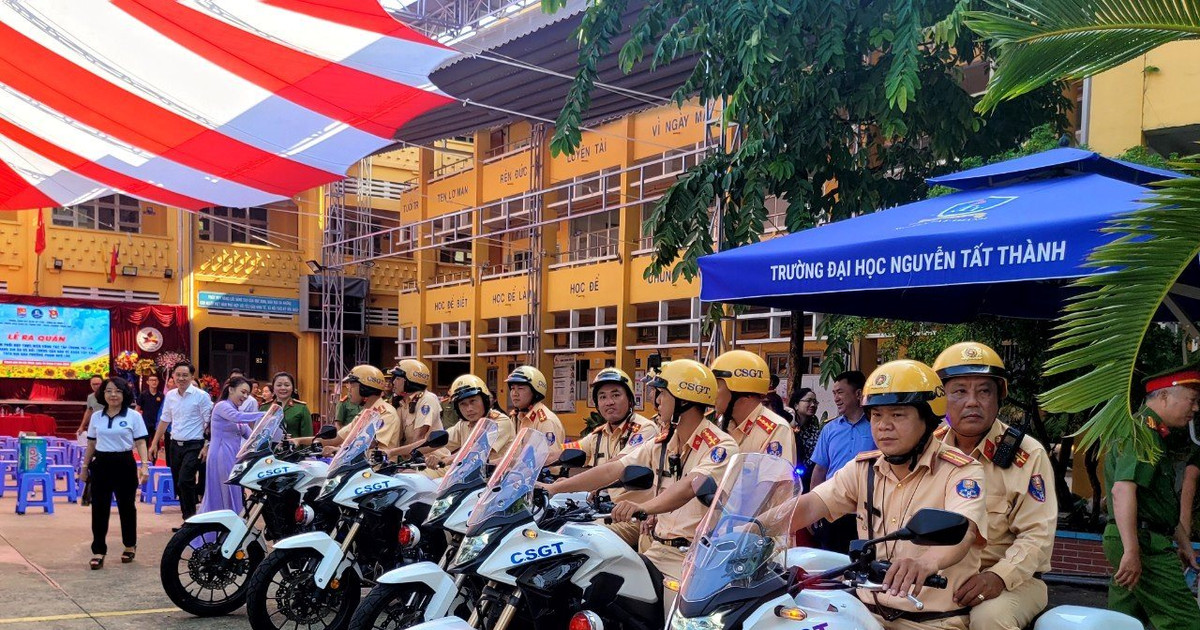



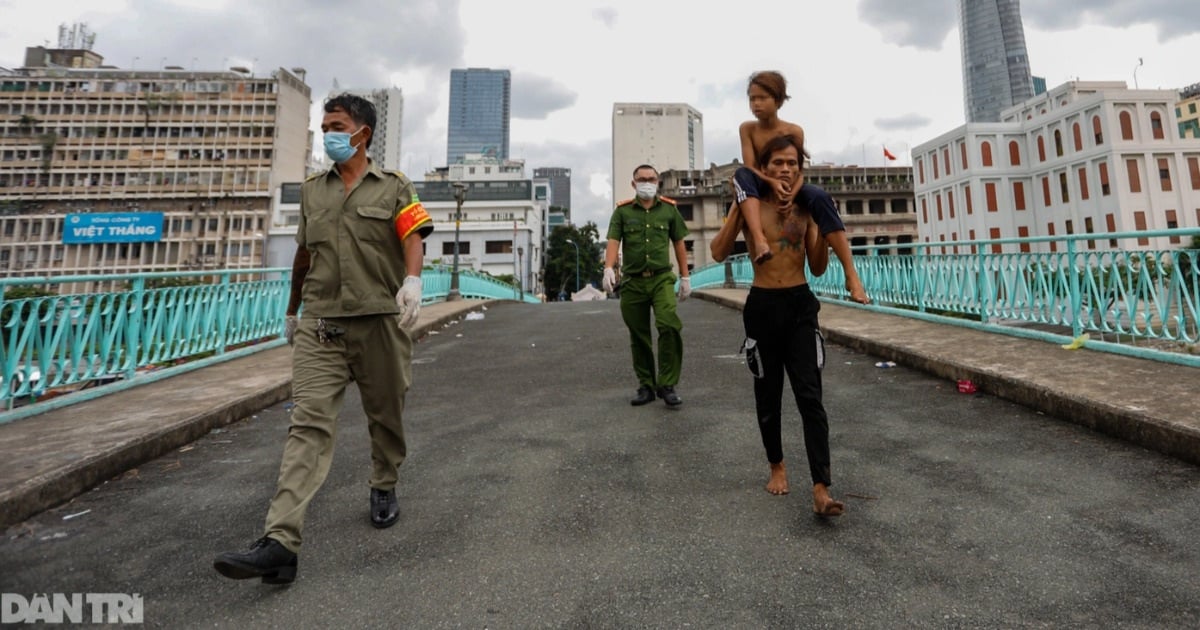
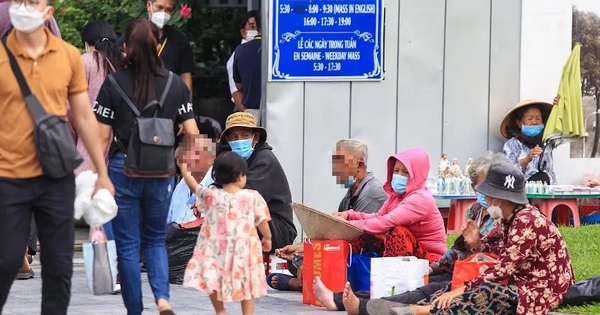
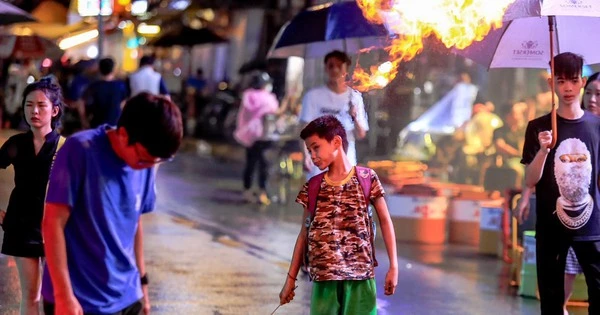
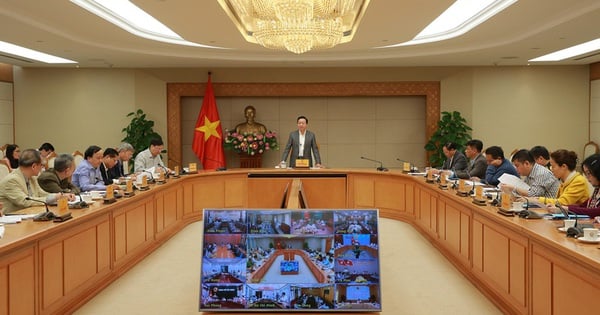
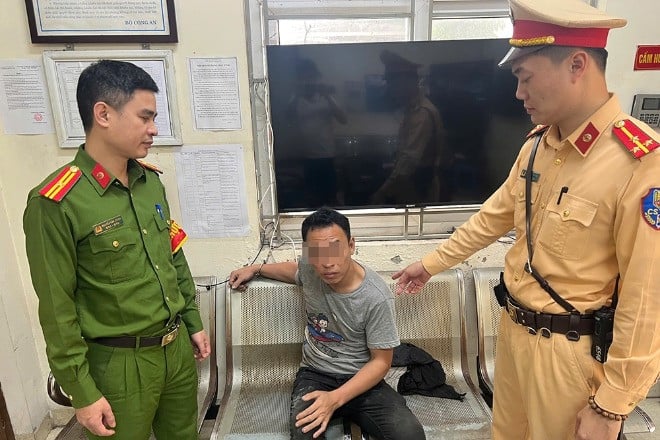
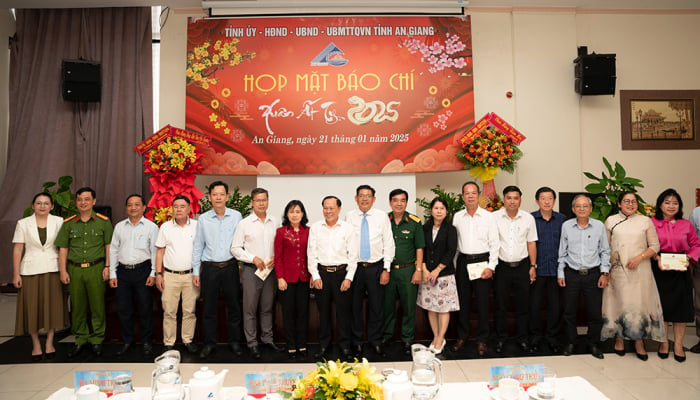
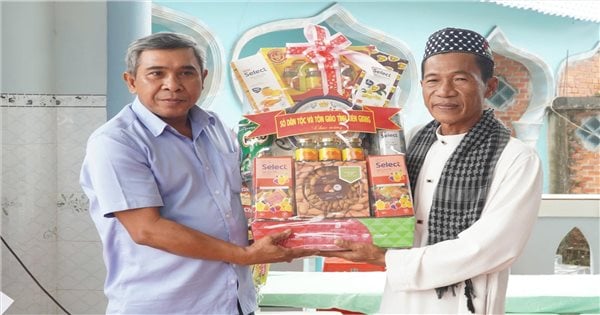






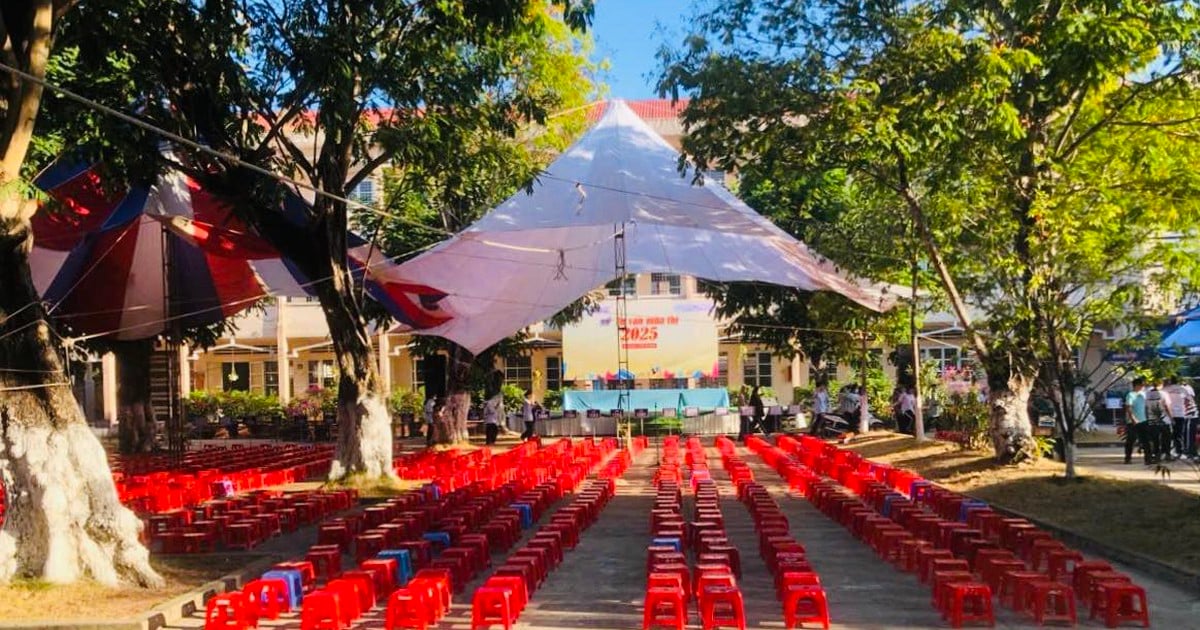

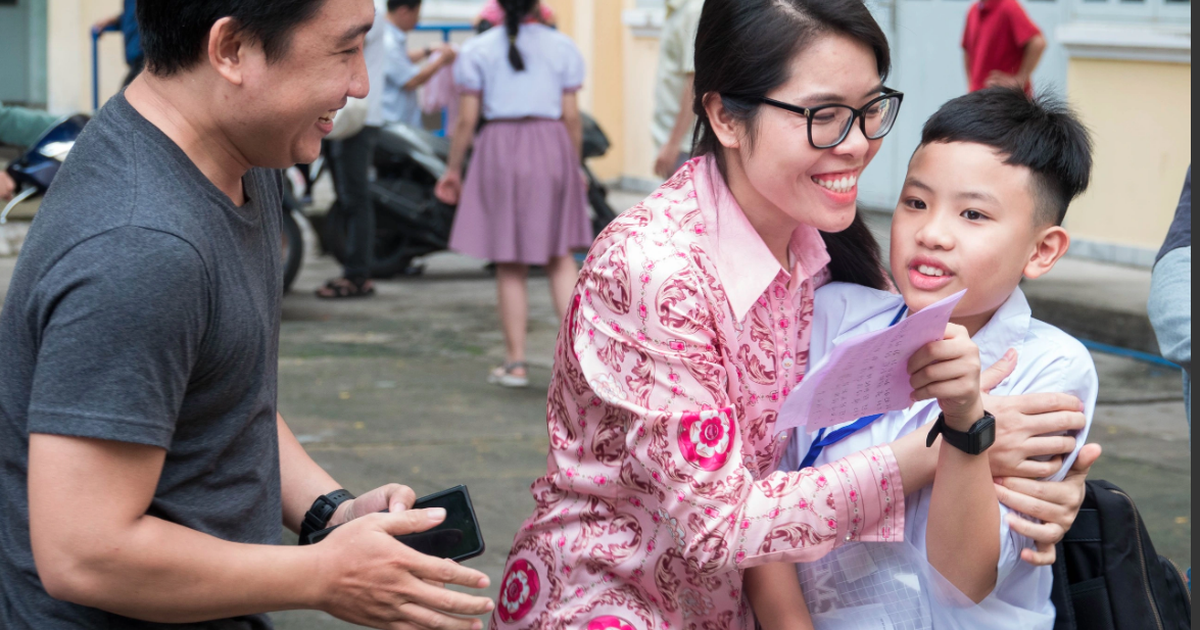
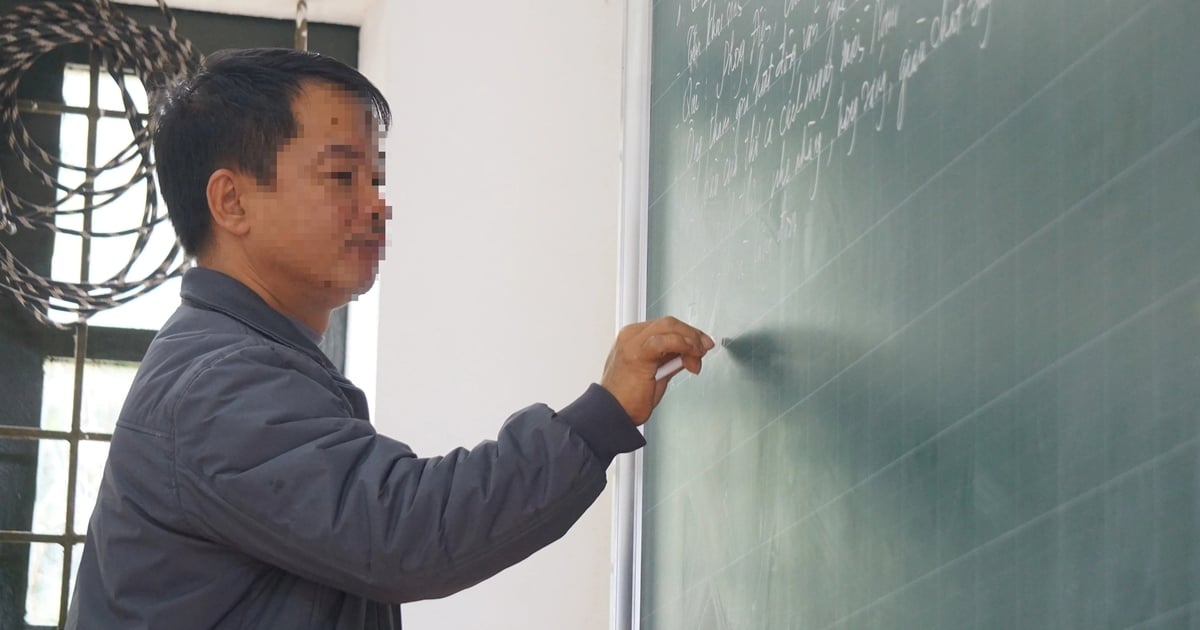
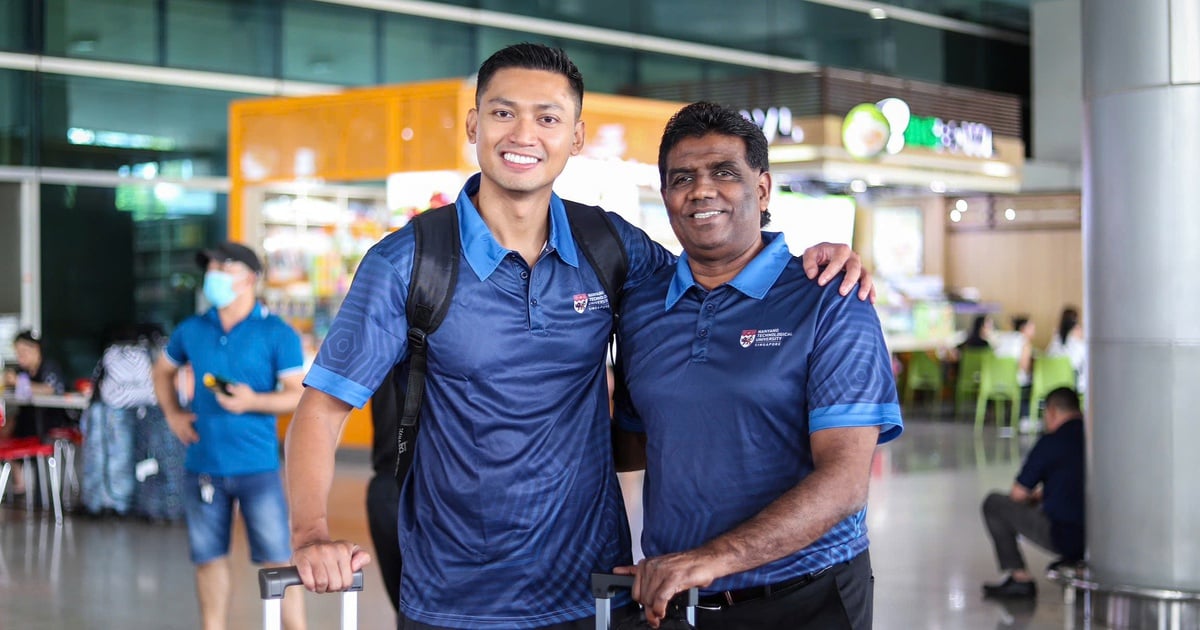




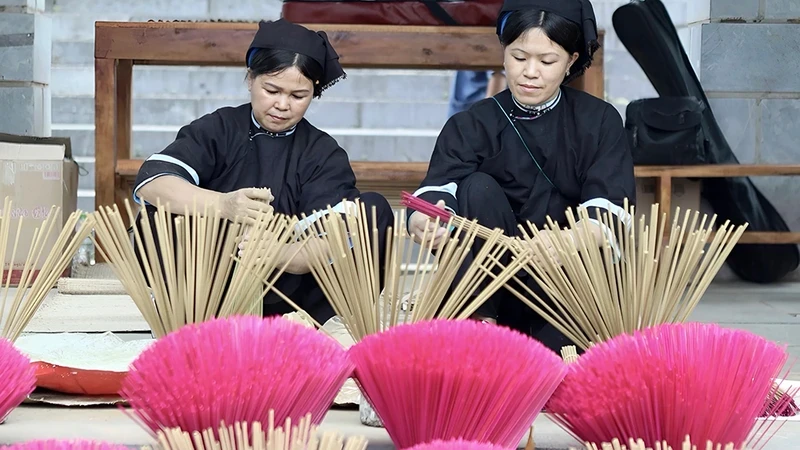

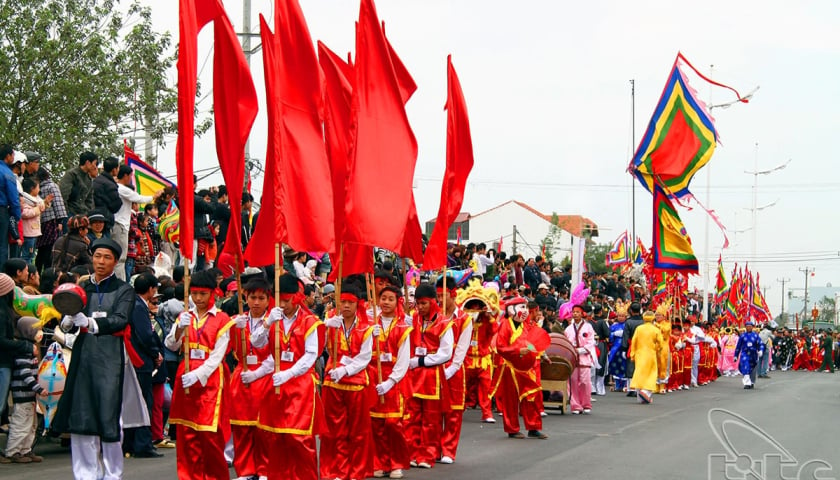









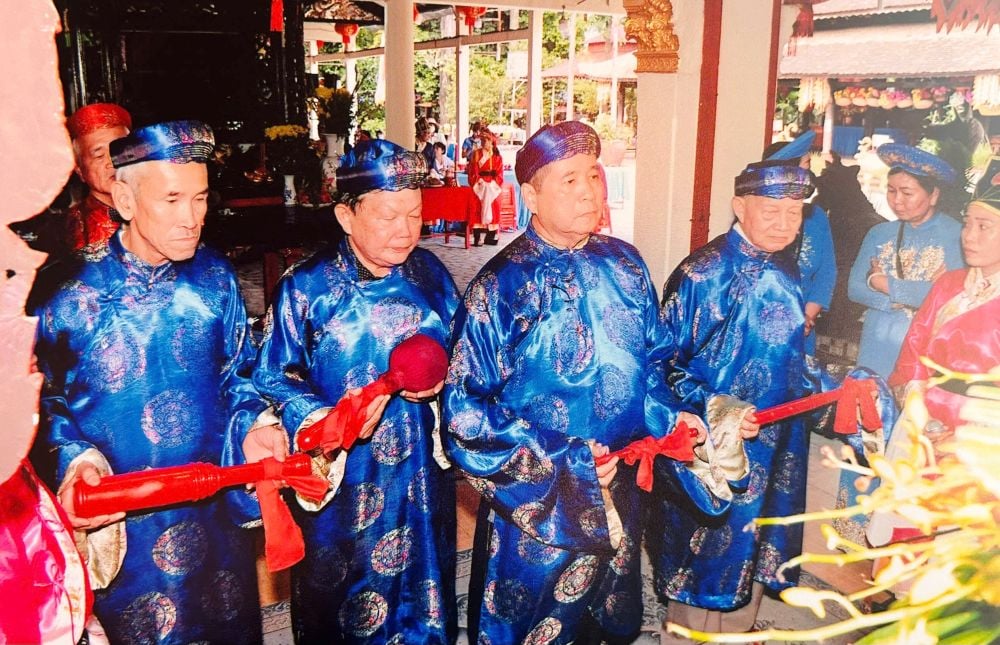

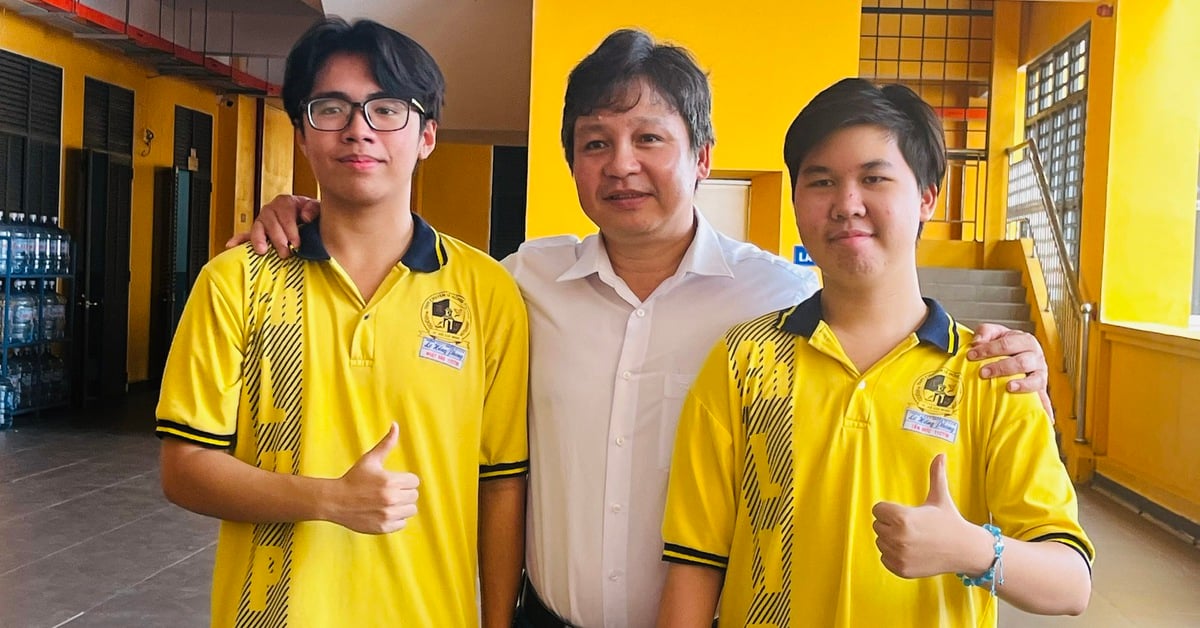

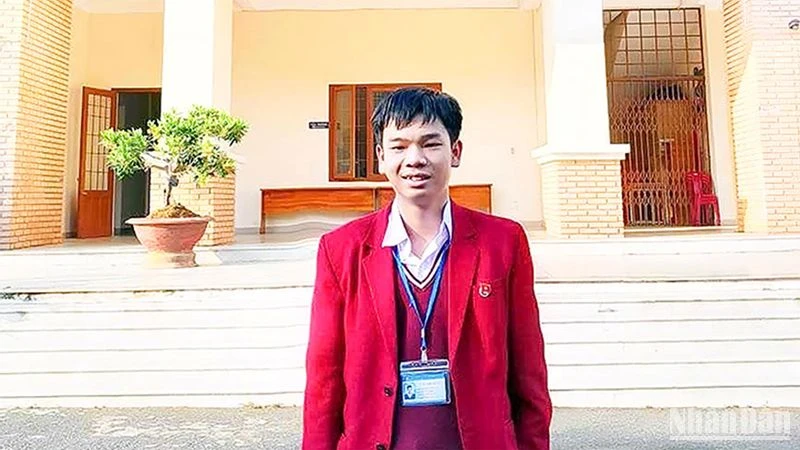







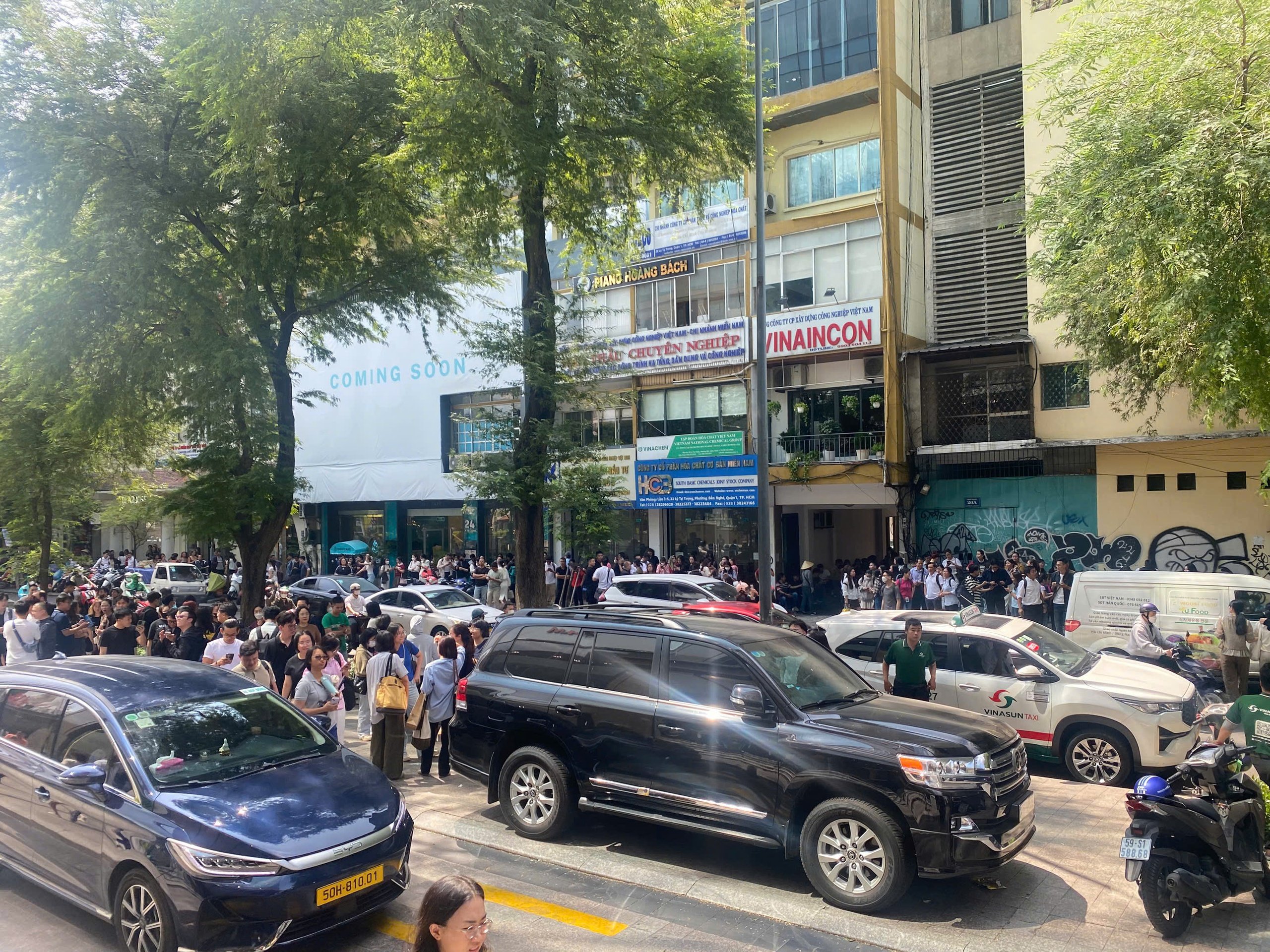



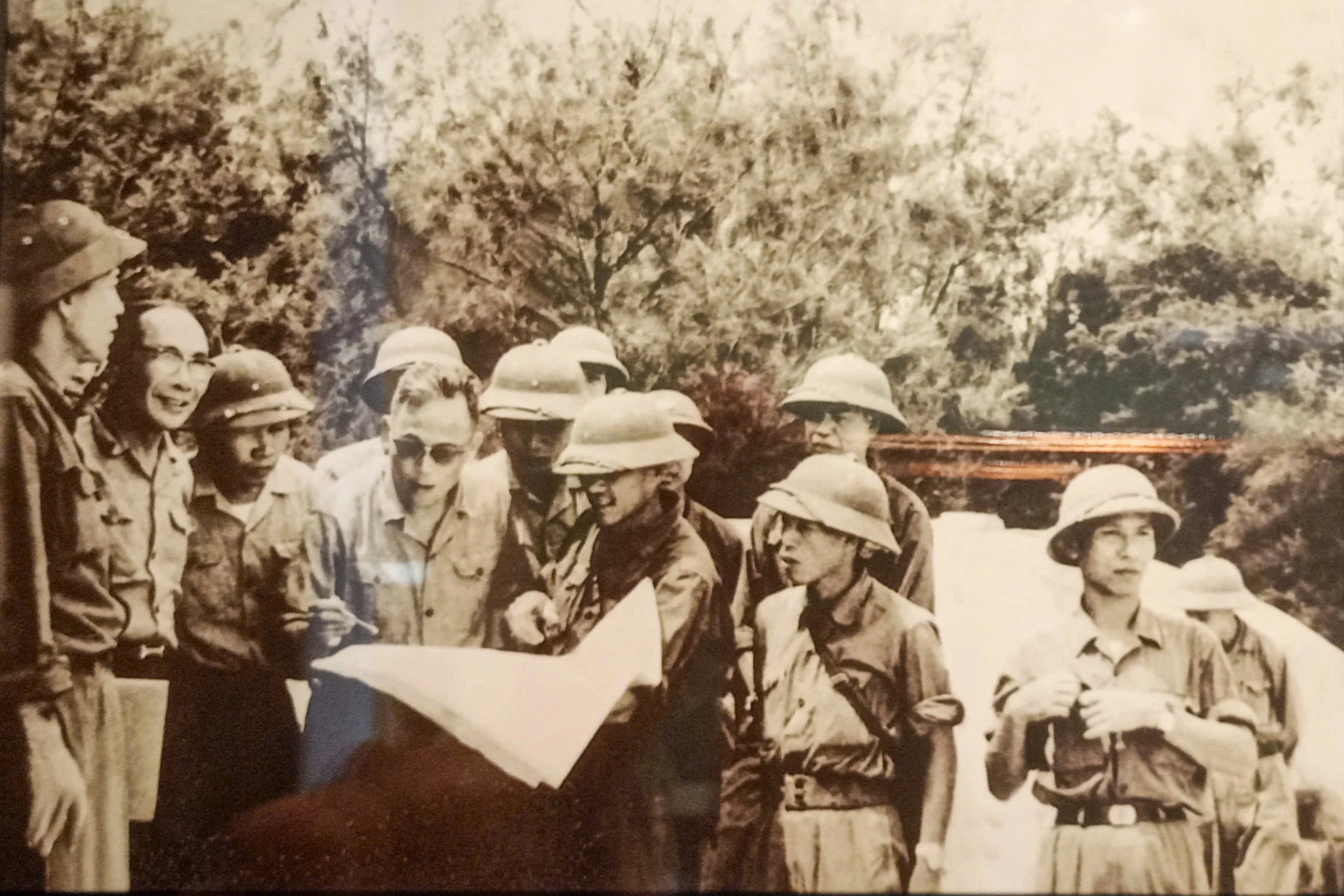
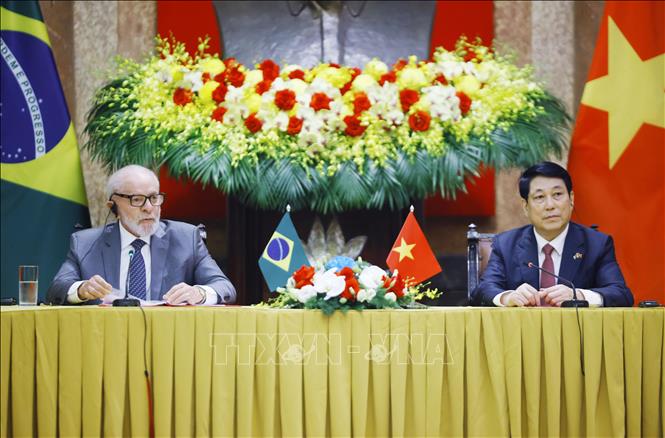

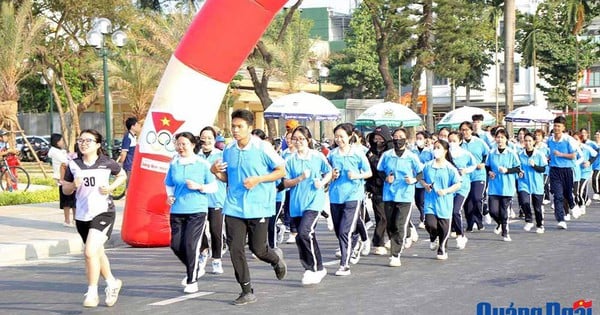





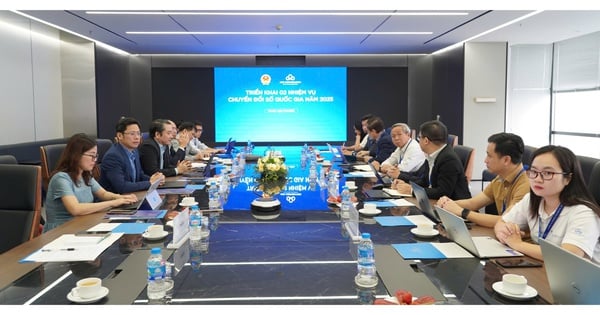

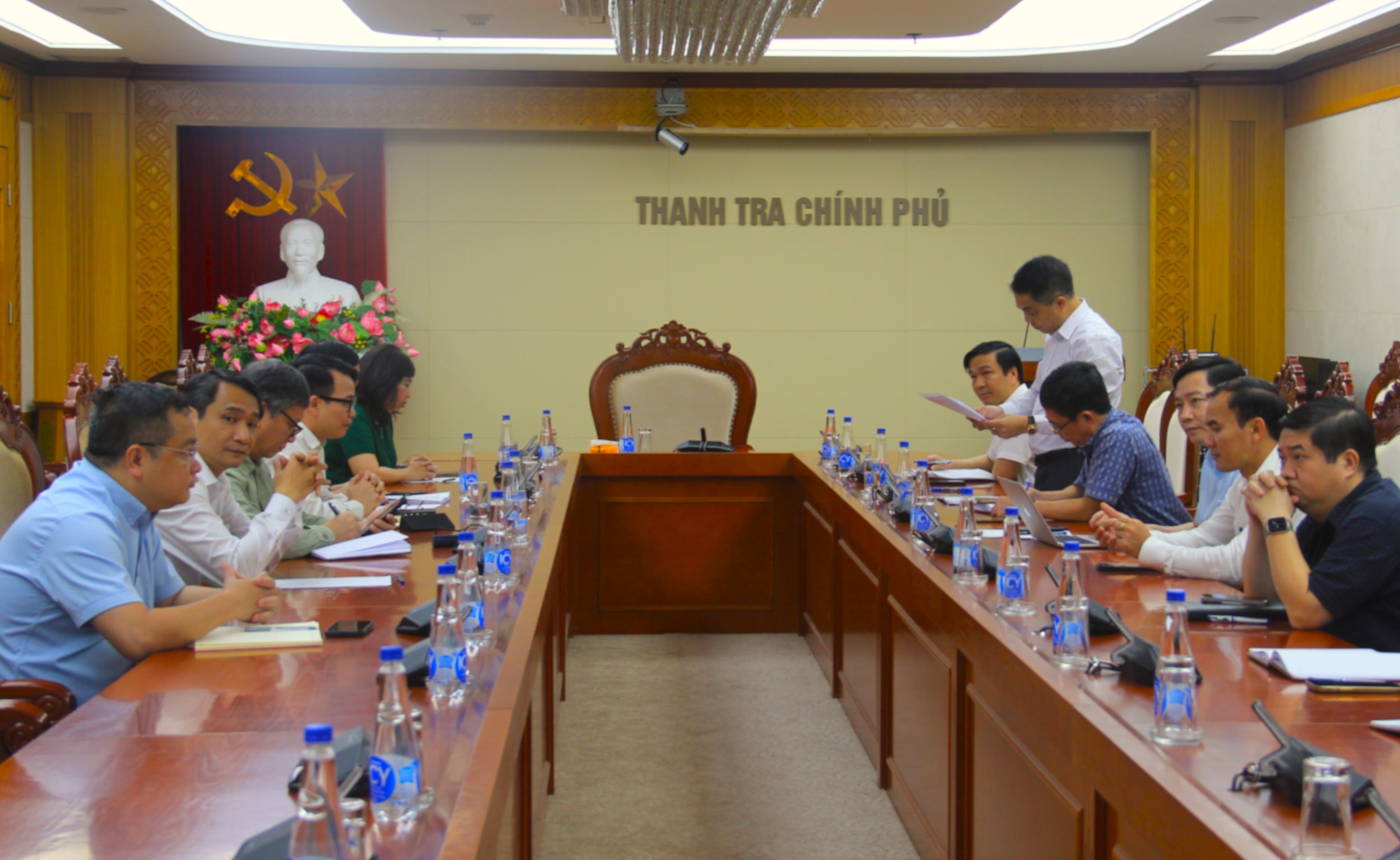

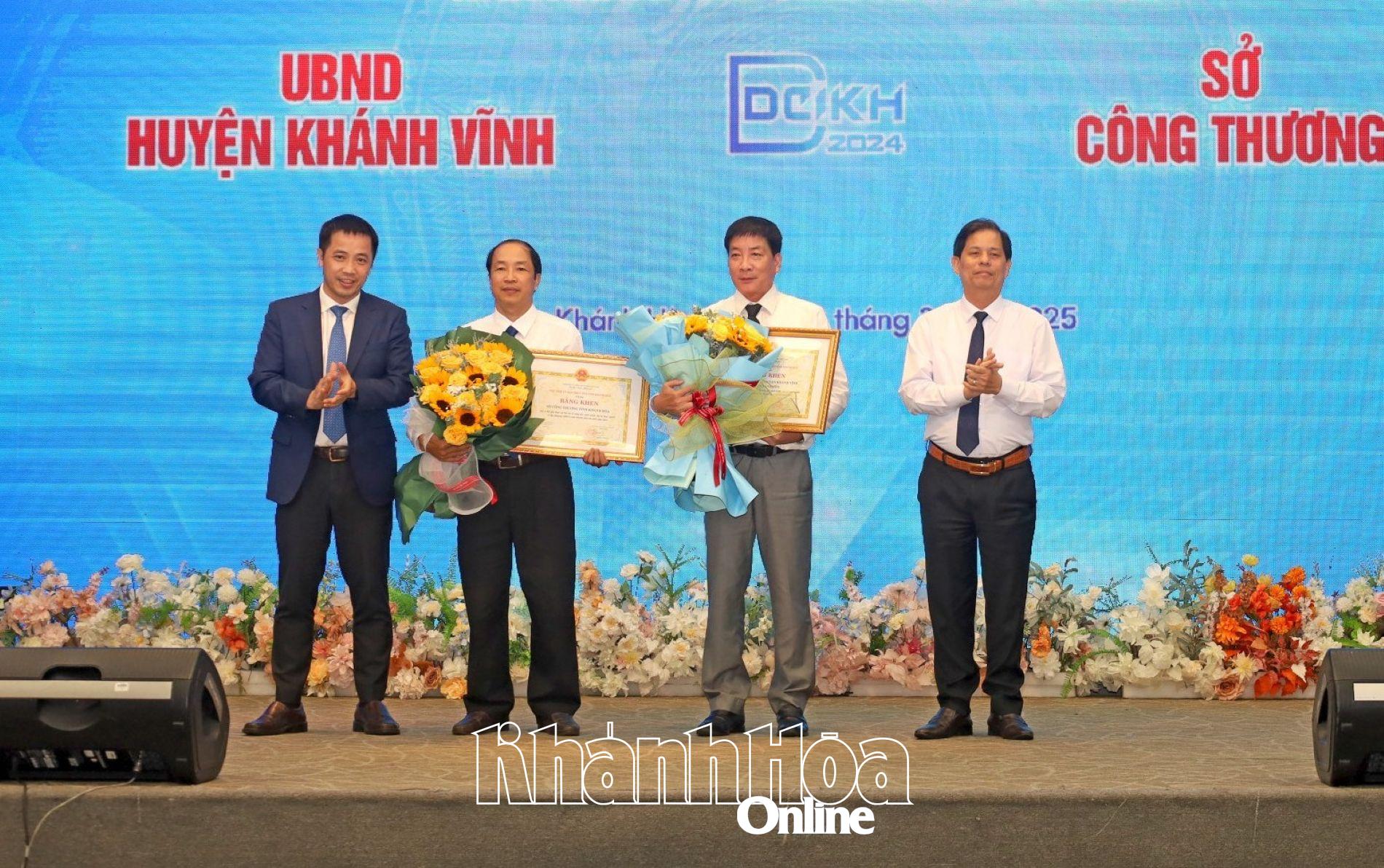

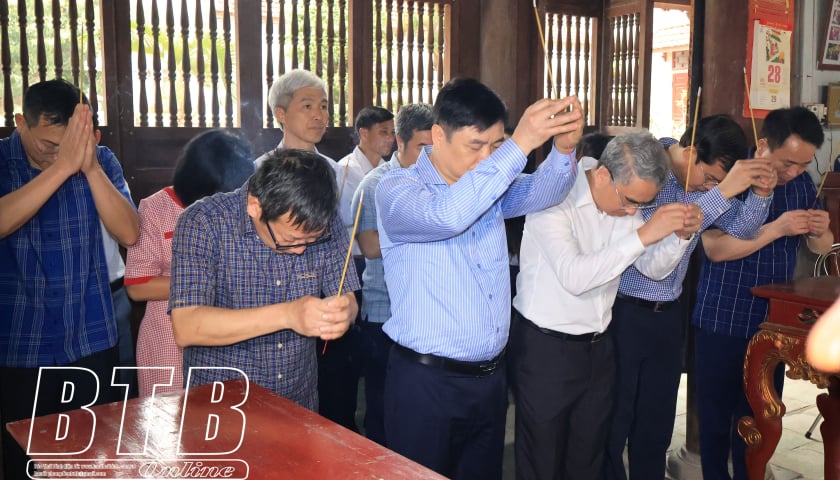
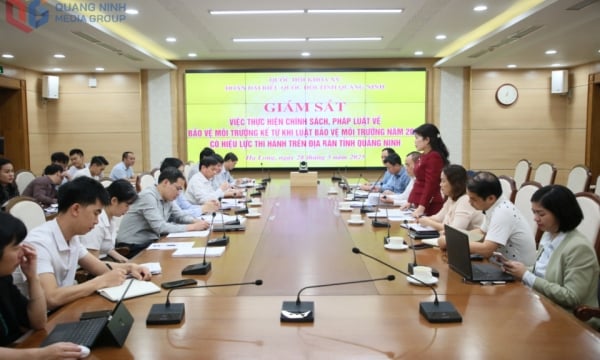

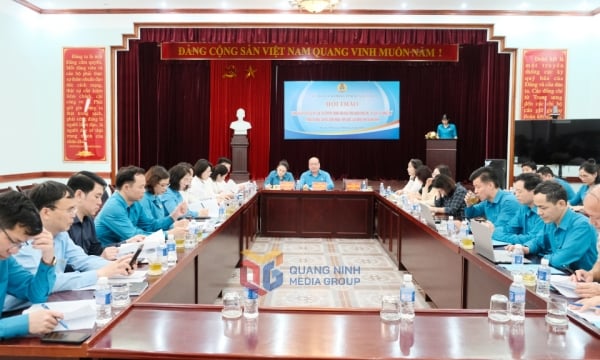

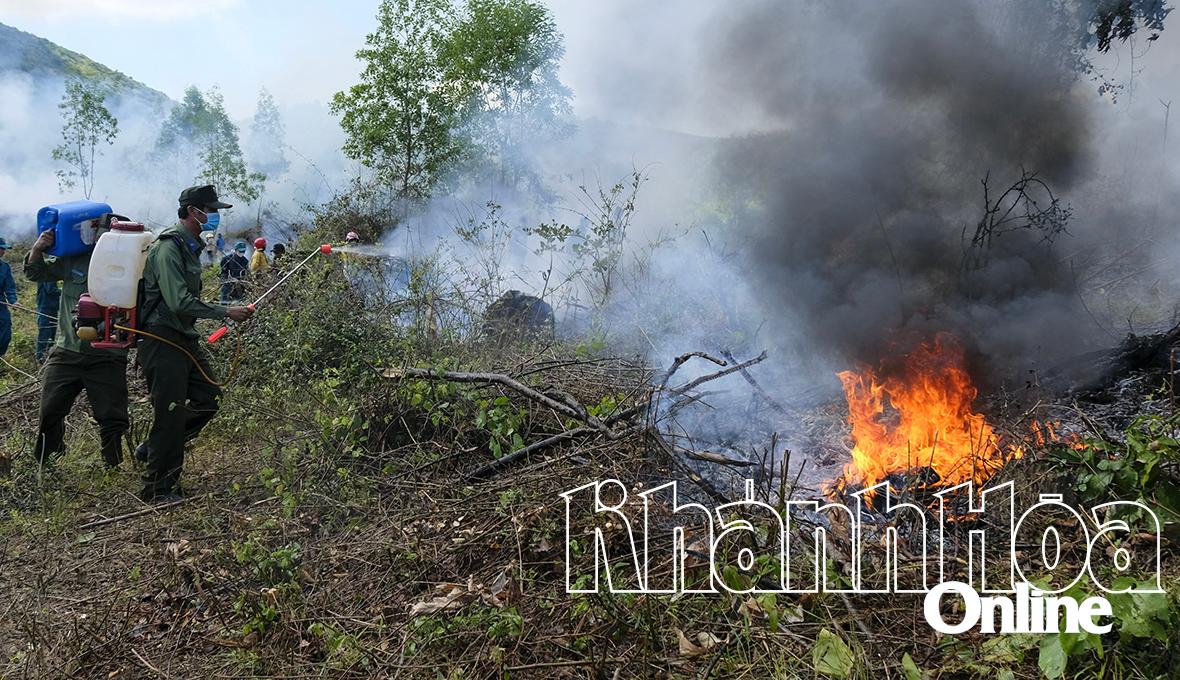
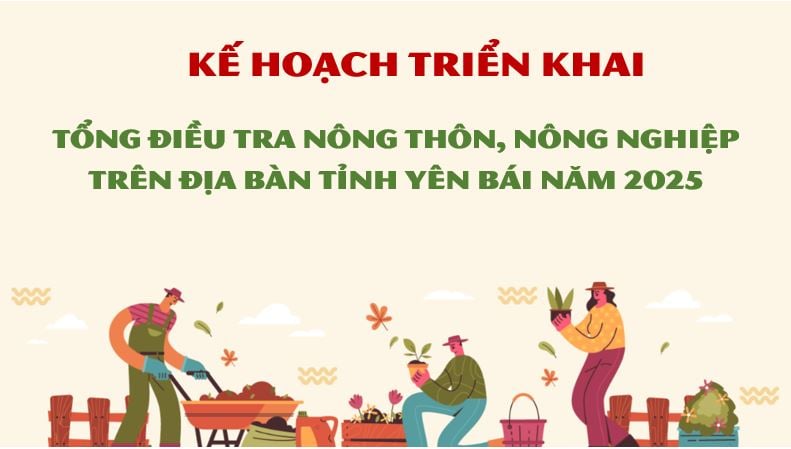




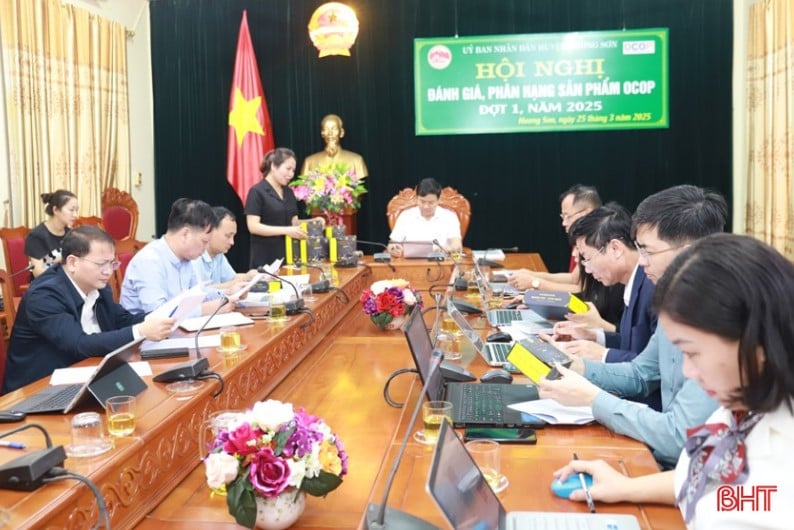

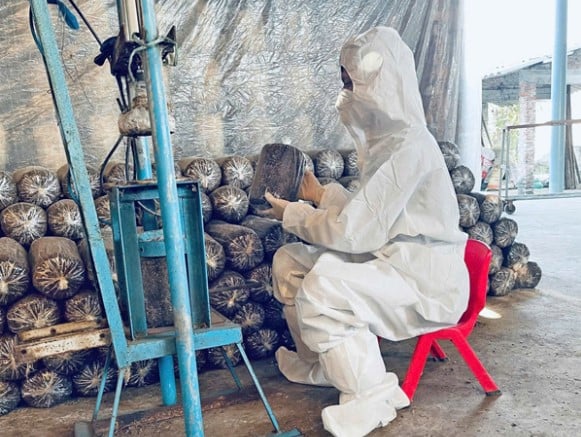


Comment (0)